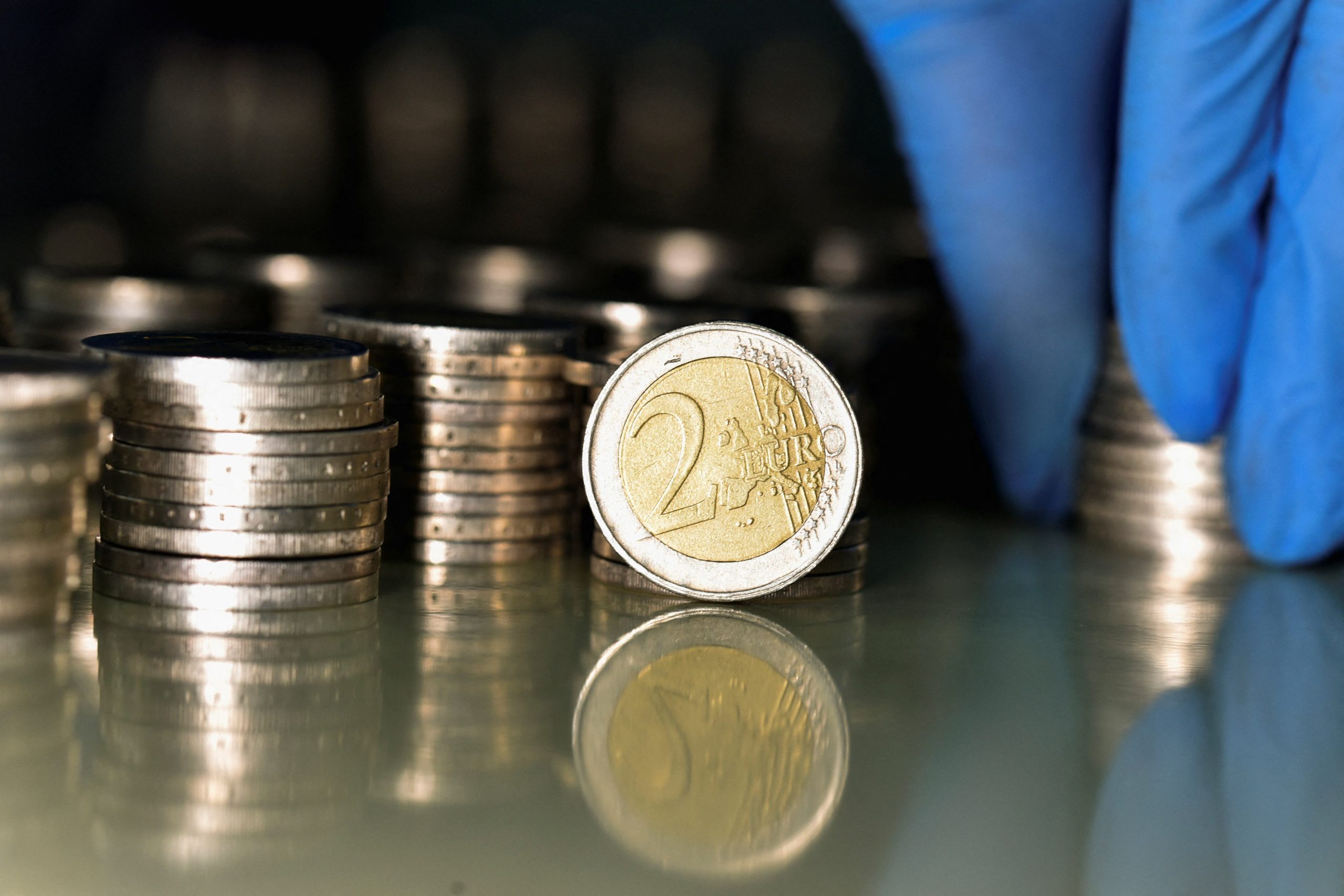Piero Cipollone, a member of the executive board of the European Central Bank (ECB), has voiced concerns over Apple’s current payment system, suggesting that it may not be compatible with a potential digital euro. In a letter addressed to EU antitrust chief Margrethe Vestager dated April 19th, Cipollone highlighted the need for changes in how iPhone payments operate to accommodate the requirements of a digital currency issued by the ECB.
Central to Cipollone’s concerns is Apple’s proposed commitments, which, according to him, fall short of providing third parties with full access to the secure element (SE). The SE, he explains, is a specialized chip designed for heightened security, functioning as a secure enclave within devices like smartphones and tablets. However, Apple’s proposal, as outlined by Cipollone, would only permit the usage of Host Card Emulation (HCE), a technology that simulates the presence of a physical card for contactless payments.
Cipollone underscores the importance of full access to the SE, expressing doubts that Apple’s proposed approach would adequately support offline payments for a digital euro issued by the ECB. Moreover, he raises concerns that Apple’s proposal may not offer the same level of authentication and transaction speed as its existing payment service, ApplePay.
These remarks from Cipollone shed light on the complexities surrounding the integration of digital currencies into existing payment systems, particularly in the context of major technology companies like Apple. The discussions between the ECB and Apple underscore the need for collaboration and adaptation to ensure the seamless integration of digital euros into the rapidly evolving digital payment landscape.
Restricted NFC capabilities on iPhones pose obstacles to the adoption of a potential digital euro.
Cipollone further elaborated on the issue by highlighting that Apple’s current proposals fail to establish a fair playing field for third-party payment solutions, particularly concerning in-store payments made with iPhones. He emphasized that if these proposals were to be applied to a potential digital euro, they would not ensure user-friendly payments on iPhones.
In addition, Cipollone pointed out certain deficiencies in the EU’s recent antitrust investigation into Apple. He noted that the investigation does not adequately address the limited access to near-field communication (NFC) technology in various payment scenarios, including person-to-person payments.
Cipollone stressed the significance of addressing these limitations, highlighting that the use case involving NFC technology is crucial for the successful implementation of a digital euro. This underscores the importance of resolving issues related to NFC access on iPhones to ensure seamless and efficient digital euro transactions.
The ECB advocates for unrestricted access to smartphone security chips to facilitate the integration of the digital euro.
The economist emphasized that the proposed regulation for the digital euro mandates device manufacturers and electronic communication service providers to provide fair, reasonable, and non-discriminatory access to the secure element embedded within their devices. This access should be unimpeded and not contingent on the use of other mobile operating system applications, ensuring that digital euro payments conducted on mobile devices offer a seamless and user-friendly experience.
In line with this, the European Commission has introduced draft laws delineating the foundational framework for a potential digital euro. These laws aim to establish fundamental criteria and lay the groundwork for necessary legislation required for the potential issuance of a digital euro.
Moreover, in late 2023, the European Central Bank (ECB) embarked on a comprehensive two-year preparatory phase for the digital euro. This phase encompasses finalizing regulatory frameworks, identifying and collaborating with private-sector partners, and conducting rigorous testing and experimentation to ensure the robustness and efficacy of the digital euro system.



